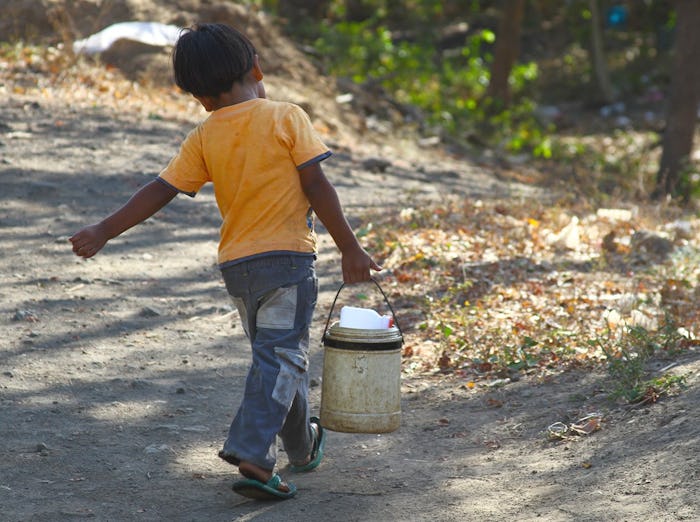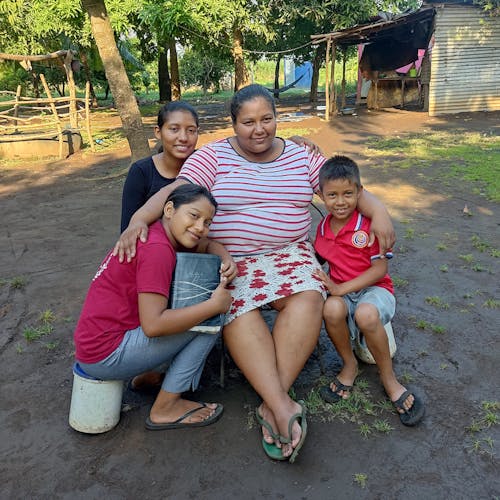COUNTRIES
Nicaragua
Nicaragua is the largest country in the Central American isthmus. Nicaragua’s capital, Managua, is the country’s largest city and the third-largest city in Central America. The multi-ethnic population of six million includes indigenous peoples, Europeans, Africans and Asians. While the main language is Spanish, native tribes on the eastern coast speak their own languages. Nearly one fifth of Nicaragua is designated as protected areas like national parks, nature reserves, and biological reserves. The biological diversity, warm tropical climate and active volcanoes make Nicaragua an increasingly popular tourist destination.
COUNTRY FACTS:
- Capital: Managua
- Population: 6.218 million
- Language: Spanish
- Nicaragua is home to the world’s only “Dual Volcano,” which is fed underground by two separate magma flows.
Our History in Nicaragua
In 1972, FH began working in Nicaragua in response to a devastating earthquake that killed 6,000, injured 20,000 and left over 250,000 homeless. Since then, FH has focused efforts on long-term development work in agriculture, education, income generation and disaster risk reduction through community resilience.

Stories From Nicaragua


Water, Life, and Hope Flowing in Nicaragua
Franklin and his family live in the Plan Grande community in Nicaragua. His community faced many hardships, one of the most grueling being the lack of access to clean water. Franklin often felt frustrated and hopeless about his community’s situation. That is until Franklin and his fellow community members created

Transforming Lives through Faith: The Spiritual Impact of Child Sponsorship
In the community of El Raizal, Nicaragua, an 8-year-old boy named Steven has a new outlook on life. Once weighed down by low self-esteem and abandonment from his father, he discovered the incredible love of Jesus through the help of his sponsor and Food for the Hungry Child Sponsorship. Jesus

